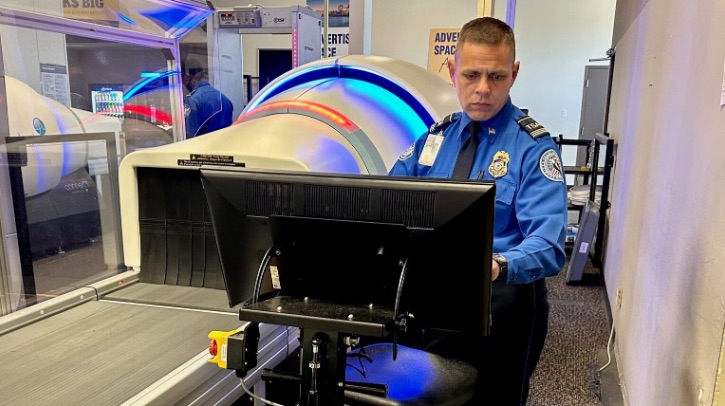My academic article, titled Comparative policy analysis in airport security through the lenses of the multiple-streams framework, was recently published in the Journal of Transportation Security. In my research, I discuss how, after the terrorist attack on September 11, 2001 (9/11), the Transportation Security Agency (TSA) emerged and presented a new theoretical, practical debate between travel efficiency versus security. Before the Aviation and Transportation Security Act (ATSA) of 2001 was signed by President George W Bush, the federal government was primarily focused on preventing Type 1 errors. When security at the airport decides to further investigate a specific passenger boarding or baggage loading, this could add up to wasted resources and inefficient air travel. Essentially, the government was focused on originally preventing air travel delays (Type 1 errors) and increasing security efficiency. However, when a catastrophic incident occurs, such as a hijacking as we witnessed on 9/11, it is referred to as a Type 2 error.
From 1973 to 2001, US international airports used private contractors as their security screeners. Before the ATSA was signed by President George W Bush, the federal government had been primarily focused on preventing Type 1 errors rather than Type 2 . The last item on the George W Bush agenda was to not only expand the size of government but also to create a new federal bureaucracy (Department of Homeland Security) in his first year in office.
My research compares the ATSA that was signed in 2001 immediately after 9/11 and the Federal Aviation Administration (FAA) Modernization and Reform Act in 2012 by using a public policymaking process theory called the Multiple-Streams Framework by Dr John Kingdon in his book Agendas, Alternatives, and Public Policies.
Kingdon’s theory presented three streams called the problem, policy and politics streams in the policymaking process, along with other theoretical factors (focusing event, national mood, policy entrepreneur, technical proposal and political acceptability). The ATSA was signed rather quickly since the intersection of all three streams occurred on September 21, 2001, just 10 days after the focusing event of 9/11.
However, in 2011, the problem stream opened up due to passengers complaining about long lines at airports in the United States, adding blame to the TSA. Along with lengthy policy and political streams, the FAA Modernization and Reform Act of 2012 was signed after a year. It only took a decade for legislators, constituents, interest groups and the media to refocus their attention on airport efficiency rather than airport security. One of the major additions to this bill was to enable the expansion of the screening partnership program, which is a public-private partnership (PPP) program implemented by the TSA that means private contractors can bid for service. The screening partnership program was being promoted as providing better efficiency by airport officials and lawmakers. Since the FAA Modernization and Reform Act was passed in 2012, 10 more airports have joined the screening partnership program, more than doubling the list to a total of 23 airports.
Recently, there have been arguments for airports to drop the TSA and join the screening partnership program, which would hire private contractors to do their job. In August 2024, Kansas City International Airport expanded its five-year contract with a private contractor in the SPP program.
I argue in my academic research publication that the TSA is a high-reliability organization and security should not be compromised because of a demand for greater air travel efficiency. Supporters of the FAA Modernization and Reform Act complained about “too much government”, but such complaints regularly alternate with worries about “where was government”. Airport security policy theory in the United States has moved back to the period from 1973 to 2001, when efficiency was more valued than security.
In related news, American Airlines AAdvantage members will soon be able to use a streamlined process at Transportation Security Administration (TSA) airport security checkpoints through TSA PreCheck Touchless ID. Click here to read the full story.

